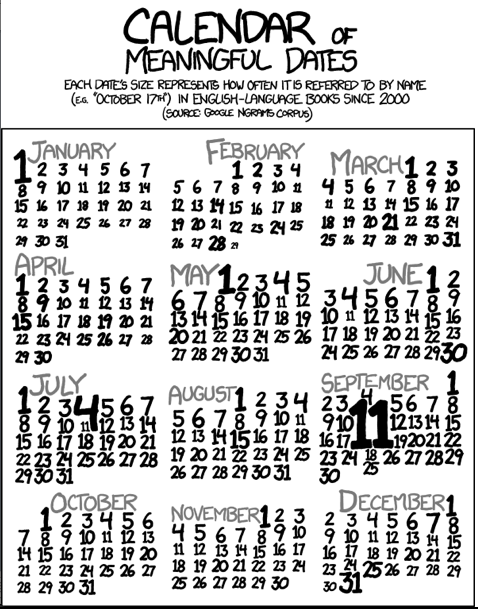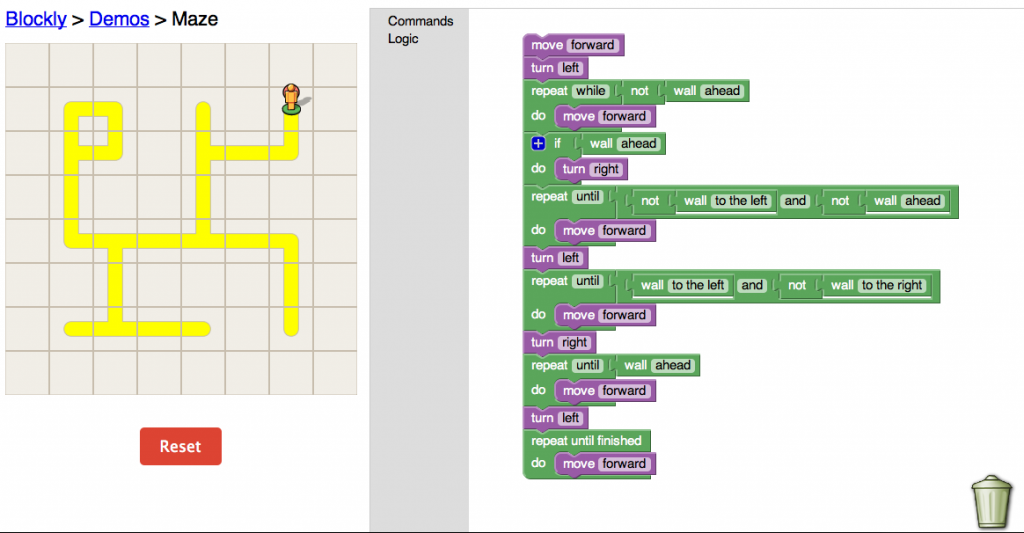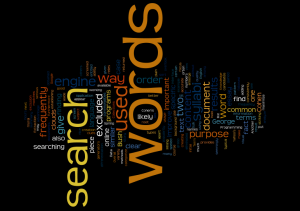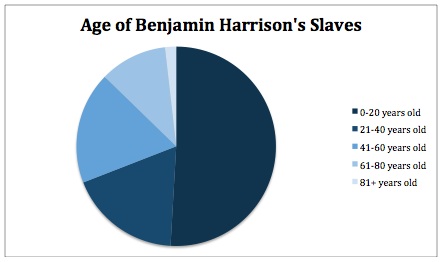As most of you readers may know (since you are likely my classmates), that last post was my final project. One thing I forgot, however, was how I am planning to preserve it. To keep my work safe for years to come, I plan on creating a version of this slideshow on Google Drive which will allow me to access it with my gmail log in information (with a strong password that I use specifically for that account which does not use any known words) on any computer with internet access. This, in combination with the copies I have saved on my computer and on my flash drive, creates a situation where I am unlikely to lose all versions before being able to make an additional copy if necessary. In addition to the PowerPoint document I have on my computer, I also have screenshots of the slides. This means if the screenshots get deleted or if the file becomes corrupted I will still have access to my visualizations. Additionally, this means two different file types in case one becomes obsolete. While I am not interested in going as far as partitioning my hard drive to preserve this for the future, I would like to still access it later. That said, if I really wanted to cover all possibilities, I could always turn to the tried and true method of printing it to create an analog copy of the sort that has provided us centuries of history – though certainly against the spirit of turning the past digital!
Just remember, LOCKSS keep our digital files safe!
(Lots of Copies Keep Stuff Safe!)








